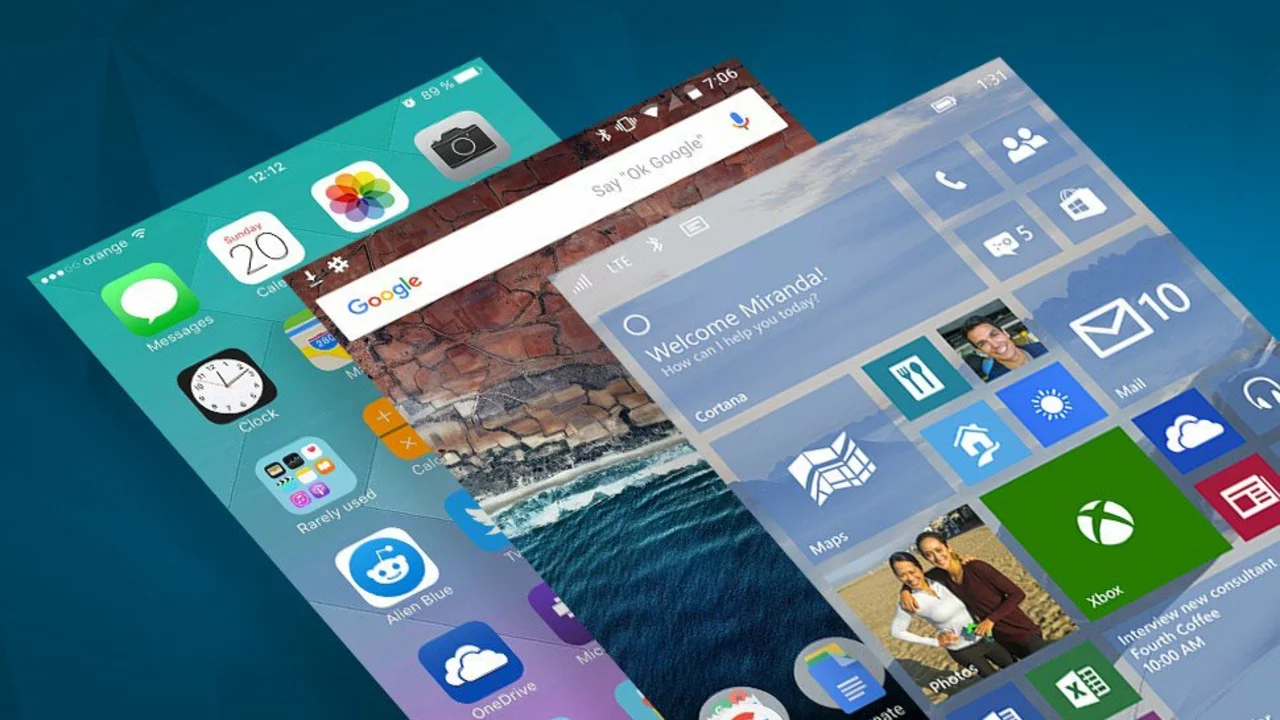
The Inception of Android
Jumping head-first into our electronic world tour, let’s kick things off with the backstory of our beloved Android. In the beginning, Andy Rubin, the original brain behind it all, didn't intend Android as an operating system for phones. Shocking, isn't it? He envisioned it as a powerful OS for digital cameras. But the camera market wasn't exactly booming as expected. So, like a seasoned surfer noticing a change in the wave direction, Rubin duly pivoted and focused on mobile phones. Fast forward to 2005, and Google said, "Hey, that’s pretty neat," and bought Android Inc. That's how Google got its hands on the slushy magic of Android, setting the stage for the smartphone revolution that would dominate the 21st century.
Android – More than Just a Regular OS
As you hold your smartphone and scroll through this seemingly unending set of paragraphs (yes, I'm aware of this guilty pleasure of mine), I want you to appreciate the marvel that is the Android OS. What is it you ask? Well, Android is a powerful, versatile, and open-source platform that runs on the Linux kernel and is primarily designed for touch screen devices like smartphones and tablets. Sounds fancy, huh? Think of it as customisable software, carefully designed to work cohesively with your device hardware, applications, and you, the end user. It effectively communicates your touch inputs to the device, enabling you to interact with your digital world. It's like the technological interpreter you never knew you needed.
The Open Source Magnetism of Android
What sets Android apart from other smartphone operating systems is its open-source nature. In the most simplified terms, this means any budding developer or tech enthusiast can download the Android source code and tinker with it to their heart's content. This open access precipitates immense possibilities, facilitating constant innovation and customisation. Imagine being handed the keys to the city and being told to decorate as you please. That's practically what Android does for its developers! The open-source platform calls in developers around the world like a magnet, breeding a community that constantly pushes the envelope, whether it's in the creation of new apps, modification of phone interfaces or even the development of entirely new versions of Android. The live, pulsating heart of Android is indeed its open-source nature.
Getting Chummy with Android Versions
Lads and ladies, brace yourselves as we dive into the exciting world of Android versions. Now, whoever is in charge of naming Android versions must have a sweet tooth because each version is named after a dessert, following alphabetical order. The journey started with Cupcake (Android 1.5), and we're now munching on Pie (Android 9). Now, you must be thinking, "Why on earth are we naming technology after desserts?" Well, my assumption is that the folks at Android want technology to taste sweet, and who are we to argue, right? Each version brings along new features, improvements, and enhancements, making your Android experience smoother and, dare I say, tastier each time!
The Whimsical World of Android Apps
The Android app ecosystem is like a dazzling, sprawling metropolis, beaming with life and burgeoning with possibilities. The open-source platform has allowed developers to pour in their creativity, resulting in apps that help us perform tasks unimaginable a decade ago, right from the palm of our hands. From booking taxis in a jiffy, ordering food, maintaining fitness, managing finances, to virtually travelling the world, Android apps have got you covered like a warm, fuzzy blanket. The astonishing part is that these apps can be downloaded and installed from the Google Play Store, the one-stop-shop for all things Android. It's like a virtual marketplace with over 2.9 million apps, waiting for your tap to come alive.
Now, it's time for a blast from my past. I remember developing my first Android app. I am no tech wizard, mind you, but the open-source architecture of Android made it so fascinatingly simple. I created a basic fitness tracking app, nothing fancy, just something that computes distance and calorie burn based on your activity. Not just that, I could also share my creation on the Google Play Store. It felt like I contributed something to the Android universe, and the sense of accomplishment was dynamite!
And there you have it, folks! That's Android in a nutshell - a versatile, open-source platform, an imaginative confluence of technology, developers and end-users, transforming our smartphones into portals of endless possibilities. So the next time you swipe across your Android phone screen, do take a moment to appreciate the technological marvel humming beneath the surface. Until next time, live in the Android moment!




